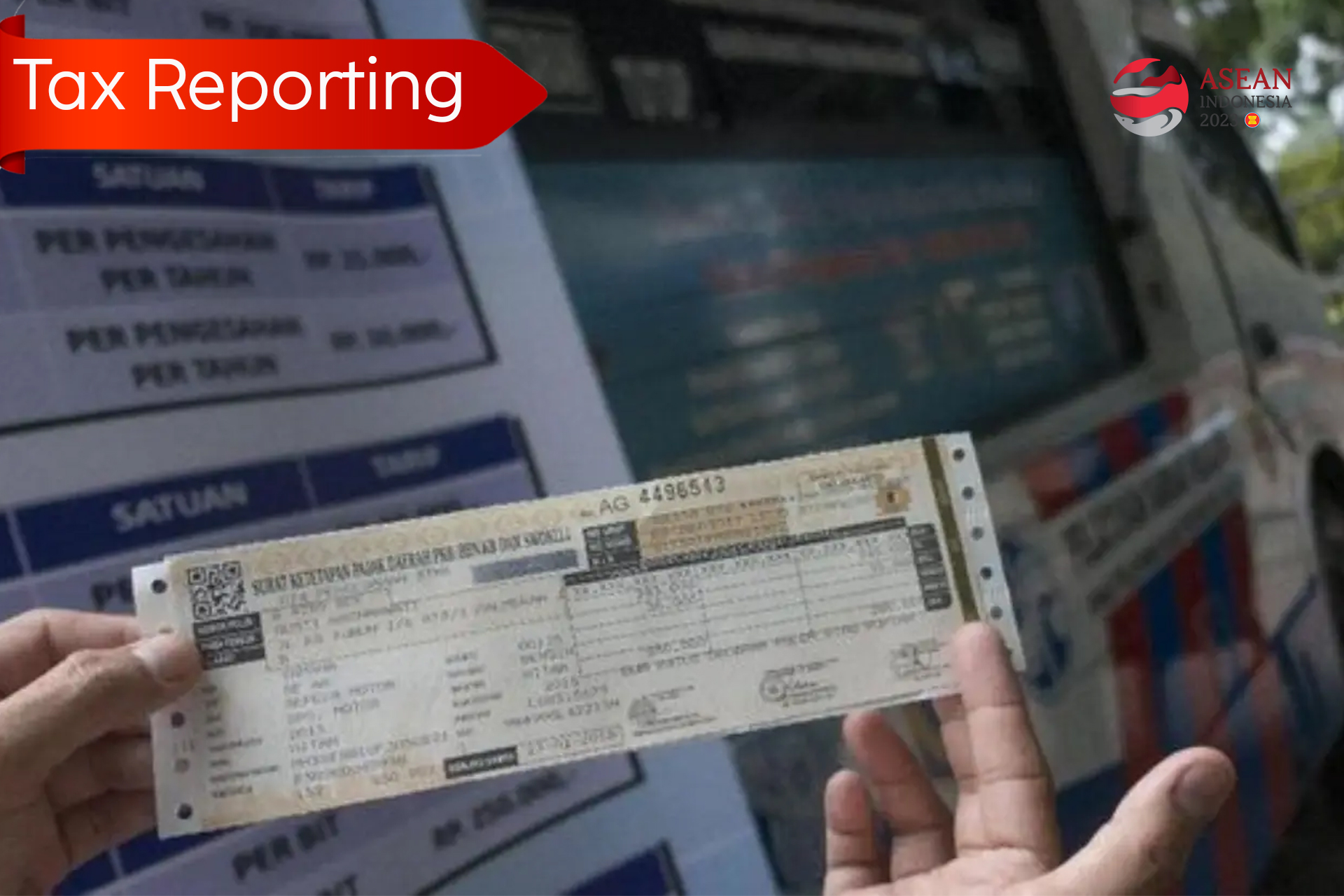The topic of progressive vehicle tax was once again a subject of discussion during a recent working meeting between the Indonesian Traffic Corps (Korps Lalu Lintas Polri) and Commission III of the Indonesian House of Representatives (DPR RI). This progressive tax, as many are aware, refers to a tax rate that escalates proportionally with the increase in the taxable base. It is imposed on individuals who own multiple vehicles, all registered under their own name.
The progressive tax specifically applies to the second and subsequent vehicles owned by an individual. Additionally, it is also imposed on individuals who have family members listed in the same Household Registration Card (Kartu Keluarga) owning more than one vehicle.
The progressive tax is currently stipulated in Law Number 28 of 2009 concerning Local Taxes and Regional Levies.
During the meeting, the Indonesian Traffic Corps (Korlantas Polri) proposed the elimination of the progressive vehicle tax, citing the rampant use of false identities by vehicle owners.
According to Inspector General Pol Firman Shantyabudi, the Head of the Indonesian Traffic Corps (Kepala Korlantas Polri), the proposal to abolish the progressive vehicle tax is based on the fact that it does not significantly contribute to state revenue.
Furthermore, Inspector General Pol Firman expressed that the additional tax burden has led many individuals to be dishonest about the ownership of their vehicles.
“Those who want to own three or four cars should be allowed to do so without the imposition of progressive tax. When we were discussing with Bu Nicke (President Director) of Pertamina to calculate subsidies, we encountered cases where individuals were entitled to subsidies but owned an Alphard car,” Inspector General Pol Firman revealed.
“They live in modest houses but drive an Alphard car. It turns out they are merely acting as intermediaries. They borrow the vehicle’s registration (STNK) to avoid the progressive tax,” he explained.
Inspector General Pol Firman highlighted that this finding aligns with the earlier statements made by Director of Enforcement and Law of the Indonesian Traffic Corps, Brigadier General Pol Aan Suhanan.
The motor vehicle registration data shows that nearly 30% of registered vehicles are not under the actual owners’ names.
Inspector General Pol Firman also revealed that this discrepancy often poses challenges, such as incorrect addresses in electronic traffic ticketing or Electronic Traffic Law Enforcement (ETLE) systems.
By eliminating the progressive tax, Inspector General Pol Firman hopes that the vehicle and owner identities can be more accurately recorded, facilitating precise identification and addressing any related matters concerning vehicle ownership.
Several Regions Have Abolished the Progressive Tax
It is worth noting that some regions in Indonesia have already taken steps to abolish the progressive vehicle tax. Among them are ten provinces, including Jakarta.
According to data from the Ministry of Home Affairs (Kemendagri), ten regions, namely Aceh, West Sumatra, Riau, Riau Islands, Central Kalimantan, East Kalimantan, Gorontalo, South Sulawesi, Maluku, and West Papua, have successfully eliminated the progressive vehicle tax.
On the other hand, DKI Jakarta, Banten, West Java, Central Java, and East Java continue to adhere to the regulation.
The Head of the Information and Public Relations Center (Kapuspen) of the Ministry of Home Affairs, Benni Irwan, explained that this policy aims to encourage compliance in motor vehicle tax payments and streamline vehicle data identification.
“With the implementation of the elimination of the Vehicle Ownership Transfer Fee and progressive tax, we expect greater compliance in paying Motor Vehicle Taxes, more orderly motor vehicle data, and increased revenue,” Benni stated previously.
Abolishing the Progressive Tax Receives Support from Various Parties
The proposal to eliminate the progressive tax, presented by the Indonesian Traffic Corps (Koorlantas Polri), appears to garner support from various parties. One of the supporters is H. Merismon, a member of the Regional People’s Representative Council (DPRD) of Lubuklinggau.
Merismon believes that abolishing the progressive tax would have a positive impact on administrative enforcement. Conversely, the revenue generated from the progressive tax is predicted to be insignificant for state income.
“We are all aware that many individuals who own two or three cars often use someone else’s name, and not all vehicles are registered under their own name,” Merismon explained, as quoted by Palpos.
Merismon further emphasized that there are even cases where individuals lead ordinary lives but own expensive cars because they lend their names to the actual owners.
By removing the progressive tax, Merismon believes that vehicle owners can register subsequent vehicles under their own names, whether they are four-wheeled or two-wheeled vehicles. This would contribute to a more organized vehicle administration system and prevent incidents where traffic tickets are incorrectly issued by the police due to misidentified ownership.
In summary, the progressive vehicle tax was a topic of discussion during a meeting between the Indonesian Traffic Corps and the House of Representatives. The tax, which increases proportionally with the taxable base, applies to individuals owning multiple vehicles. The meeting explored the possibility of abolishing the tax due to widespread use of false identities.
The Head of the Indonesian Traffic Corps proposed its elimination, citing minimal impact on state revenue and the lack of transparency in vehicle ownership. Several regions in Indonesia have already abolished the progressive tax, aiming to improve compliance and streamline vehicle data. The proposal received support, as it is believed to enhance administrative enforcement and reduce misidentified ownership.





 20% off today. Whatsapp us!
20% off today. Whatsapp us!